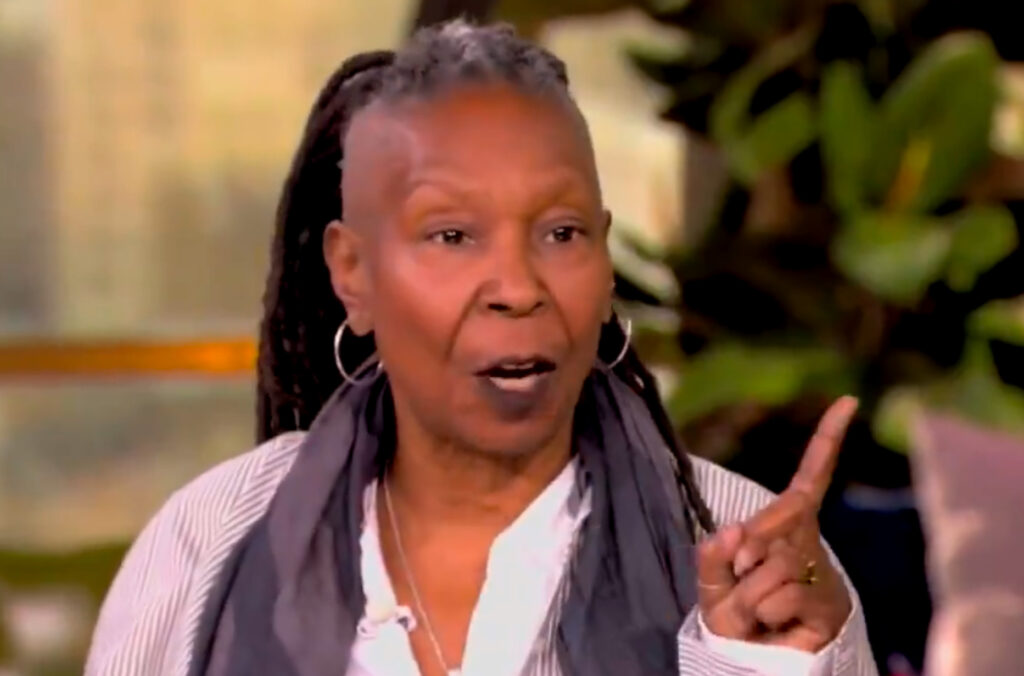In a recent episode of ABC’s “The View,” co-host Whoopi Goldberg defended President Joe Biden’s decision to pardon his son, Hunter Biden, from various criminal charges. The conversation erupted between Goldberg and fellow co-host Alyssa Farah Griffin, who represents the conservative viewpoint on the show. Griffin questioned the rationale behind pardoning Hunter and expressed concerns over the implications of such actions in a political landscape where many feel that the system favors the powerful. Despite Griffin’s criticisms, Goldberg remained staunch in her support of Biden, stating that the president’s motivations were not as simple as they appeared and that the pardon was justified.
The matter at hand involves Hunter Biden’s pardoning for federal crimes committed between 2014 and 2024, which notably includes his activities while serving on the board of Ukraine’s Burisma. Hunter’s legal troubles, which have garnered a significant amount of public attention and controversy, have been framed by Biden as politically motivated and a product of selective prosecution. In a statement acknowledging his decision to use presidential authority for the pardon, Biden asserted that reasonable people could only conclude his son’s legal issues were a result of his identity rather than his actions. This defense was not only a means of addressing his son’s legal concerns, but it also aimed to counteract what Biden framed as broader systemic issues within the justice system.
During the heated exchange on “The View,” Goldberg suggested that the situation should compel Americans to reassess their views on family, responsibility, and the complexity of personal relationships within political spheres. She highlighted the distinction between Hunter’s case and broader allegations of corruption, asserting that the president’s actions were not unprecedented. Goldberg emphasized that Biden’s ability to take responsibility and act as a father warranted acknowledgment rather than criticism. The discussion implied that having a personal stake in the matter—being the father of someone troubled by addiction—nudged Biden towards the compassion of giving Hunter a second chance.
On the contrary, Griffin pressed the argument that many Americans, especially those who lean conservative, might perceive the pardon as indicative of a double standard that benefits the privileged class. She voiced concerns about the precedent such pardons could set for the future enforcement of law and order, suggesting that they could undermine public trust in the criminal justice system. This points to a growing debate in American society about equality before the law and the implications of privilege in political patronage.
Biden’s statement about his son’s plight focused on the theme of resilience, particularly emphasizing Hunter’s journey to sobriety over the past five and a half years amidst relentless scrutiny. He painted the legal challenges against his son as part of a broader attack on their family, framing it as an partisan effort aimed at degrading his reputation as well. Biden’s comments resonate with many individuals who have faced similar struggles within their families, suggesting a universal need for understanding and empathy for those suffering from addiction.
In summary, the discourse surrounding Hunter Biden’s pardon reflects deep divisions in American political and societal perceptions. While Whoopi Goldberg positioned the action as part of familial loyalty and a necessary course correction in a politically biased system, Alyssa Farah Griffin articulated concerns surrounding transparency and the potential erosion of public trust in fair governance. This conversation highlights the complexities of accountability, privilege, and personal relationships against the backdrop of American political life, driving home the notion that issues of advocacy, forgiveness, and justice are more intricate than they may initially seem.

